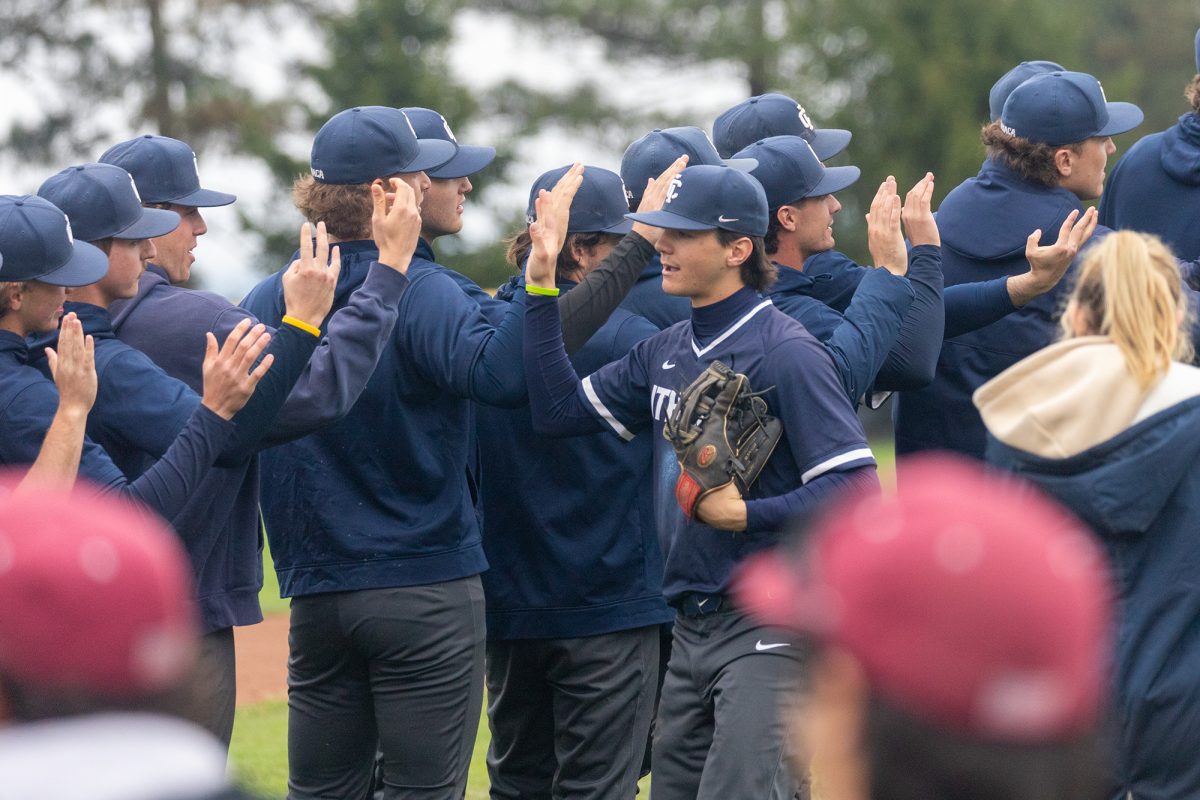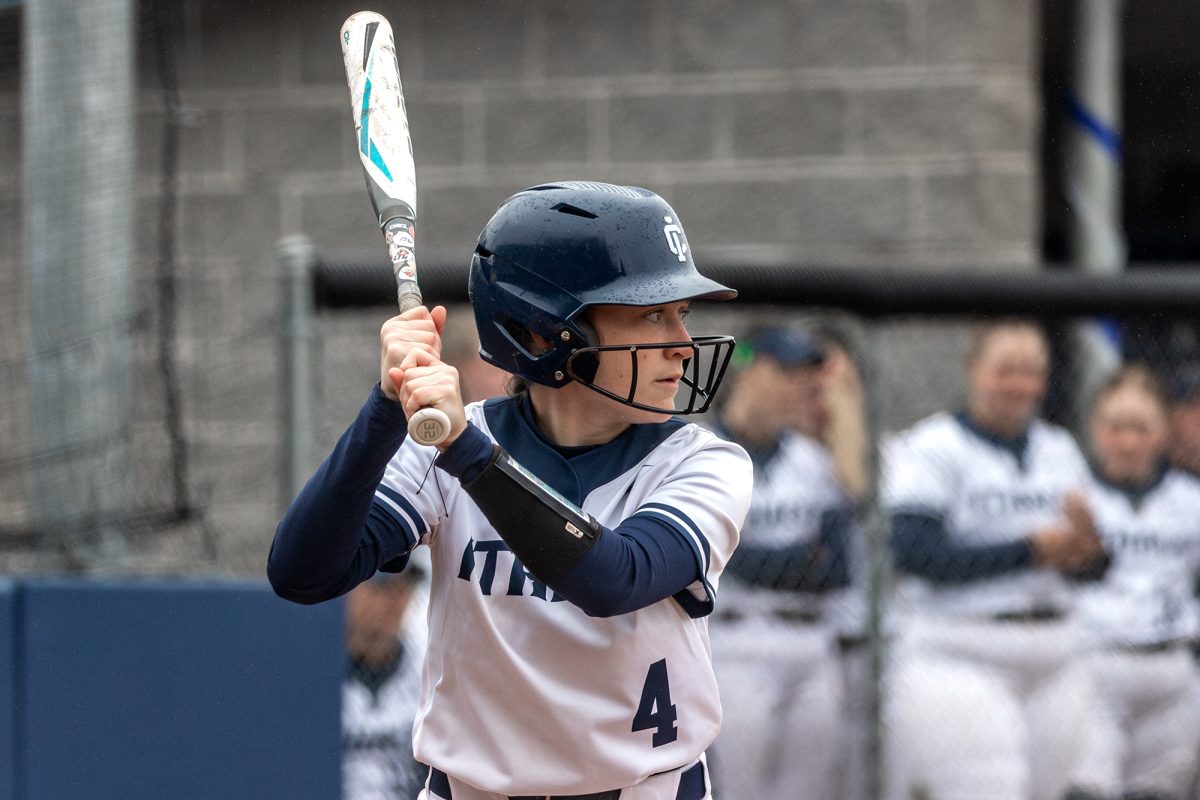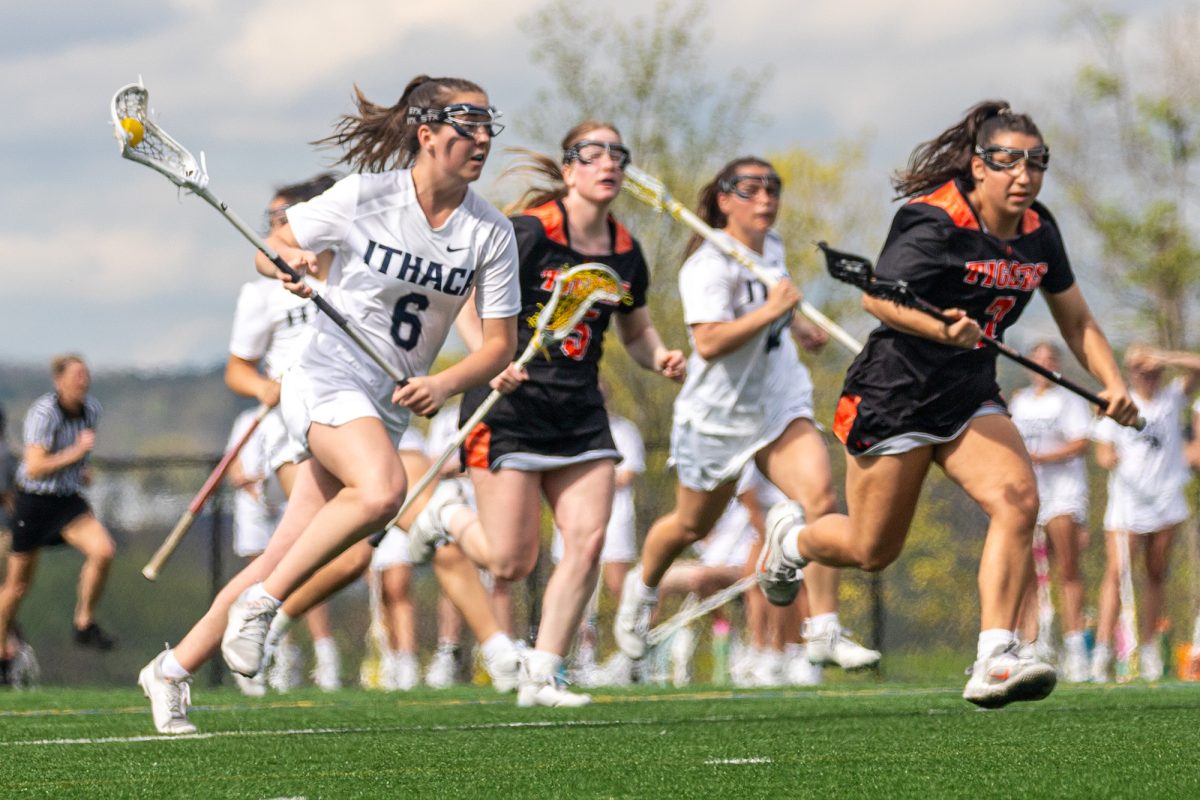When the NFL Players Association and owners came to an agreement to end the lockout this summer, one condition of the deal was that the league would implement Human Growth Hormone testing.
The exact time when the league would start testing players for the anabolic steroid that builds muscle mass and improves athletic performance was not specified, but the NFL promised it would begin this season. With the regular season more than halfway over, not a single player has been tested for HGH.
The controversial issue is the invasiveness of the test. There is no simple way to find an elevated presence of the hormone in a player’s system. Only a blood test is able to detect whether a player has been taking the drug.
While I understand professional sports leagues taking a stand against other more compromising illegal drugs, I find the crusade against HGH much harder to comprehend.
According to the United States Anti-Doping Agency, HGH is typically used in cases when someone has a natural deficiency of the hormone or is facing a muscle-deteriorating disease, such as HIV/AIDS or cancer. Athletes, however, are using the drug to increase muscle mass and quickly recover from injuries. Stars including New York Yankees third baseman Alex Rodriguez and golfer Tiger Woods have been connected to using HGH.
Drugs have been a part of professional sports as far back as the ’50s. Before HGH, it was steroids, and before steroids it was amphetamines, also known as greenies, which were popular primarily with baseball players looking for a way to stay energized during a long season. While all of these are banned substances in sports, players are constantly injected with cortisone to help numb the pain caused by injury. Yet cortisone shots, which may make athletes susceptible to a more serious injury, are used without question.
As a fan I want to see the best players on the field at all times. These are people being paid millions of dollars to play games, and if they make the conscious decision to take these drugs because it will allow them to play, the leagues should let them do so.
These are adults who have made a choice to pursue careers as professional athletes. They are already putting their bodies at risk by simply stepping onto the field. If players make the decision to use substances such as HGH, leagues should not prevent them from doing what they want to their bodies.







